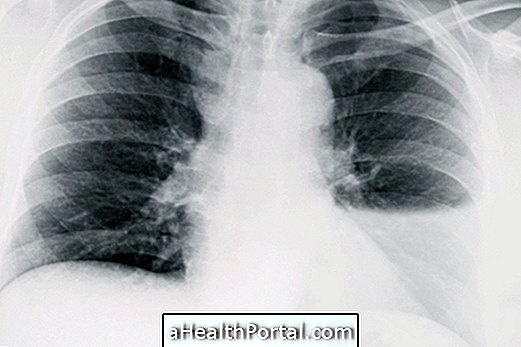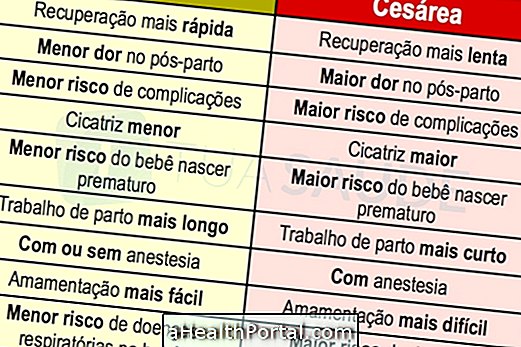A heart murmur is a very common cardiac disorder that causes extra sound to appear during the heartbeat, which usually indicates only turbulence in the passage of blood, without any heart disease. In this case the change is known as an innocent heart murmur and does not require treatment.
In fact, the blow is so common that many babies are born with this change and develop completely completely normal, and can even heal naturally during the growth process. That way, many people may not even know they've had a heart murmur and some only find out during routine exams, for example.
However, there are also rare cases where the murmur may be a sign of heart disease, so if your doctor finds it necessary, you can have several tests done on your heart to see if there is any disease that needs to be treated.

Symptoms that may indicate heart disease
The only symptom of children or adults who have a benign heart murmur is the appearance of extra sound during the physical evaluation by the doctor with a stethoscope.
However, if other related symptoms appear, the murmur may be a sign of some disease or change in the structure of the heart. Some of the most common symptoms in these cases are:
- Tip of the fingers, tongue and lips purple;
- Chest pain;
- Frequent cough;
- Dizziness and fainting;
- Excessive tiredness;
- Excessive sweating;
- Heartbeat faster than usual;
- Generalized swelling in the body.
In children, there may also be a lack of appetite, weight loss and developmental problems, for example.
Therefore, whenever there is suspicion of heart murmur, it is important to consult a pediatrician, in the case of infants or children, or a cardiologist in the case of adults to confirm the diagnosis and to identify if there is a cardiac problem that needs to be treated, or if it's just an innocent blow.
How is the treatment done?
The heart murmur, when it is considered innocent and without damage to health, does not need treatment and allows a life without restrictions. This usually happens in children who do not have any other heart disease or in pregnant women, without this damaging the pregnancy or the fetus.
However, when the heart murmur is caused by some disease, treatment can be done by taking medications and, in more severe cases, by surgery to correct the problem. Know when surgery should be done.
It is important to remember that other less serious diseases, such as anemia, can also cause heart murmurs. In these cases the anemia must be treated immediately so that the breath disappears.
To identify if other diseases may be, see 12 signs that may indicate heart problems.



























